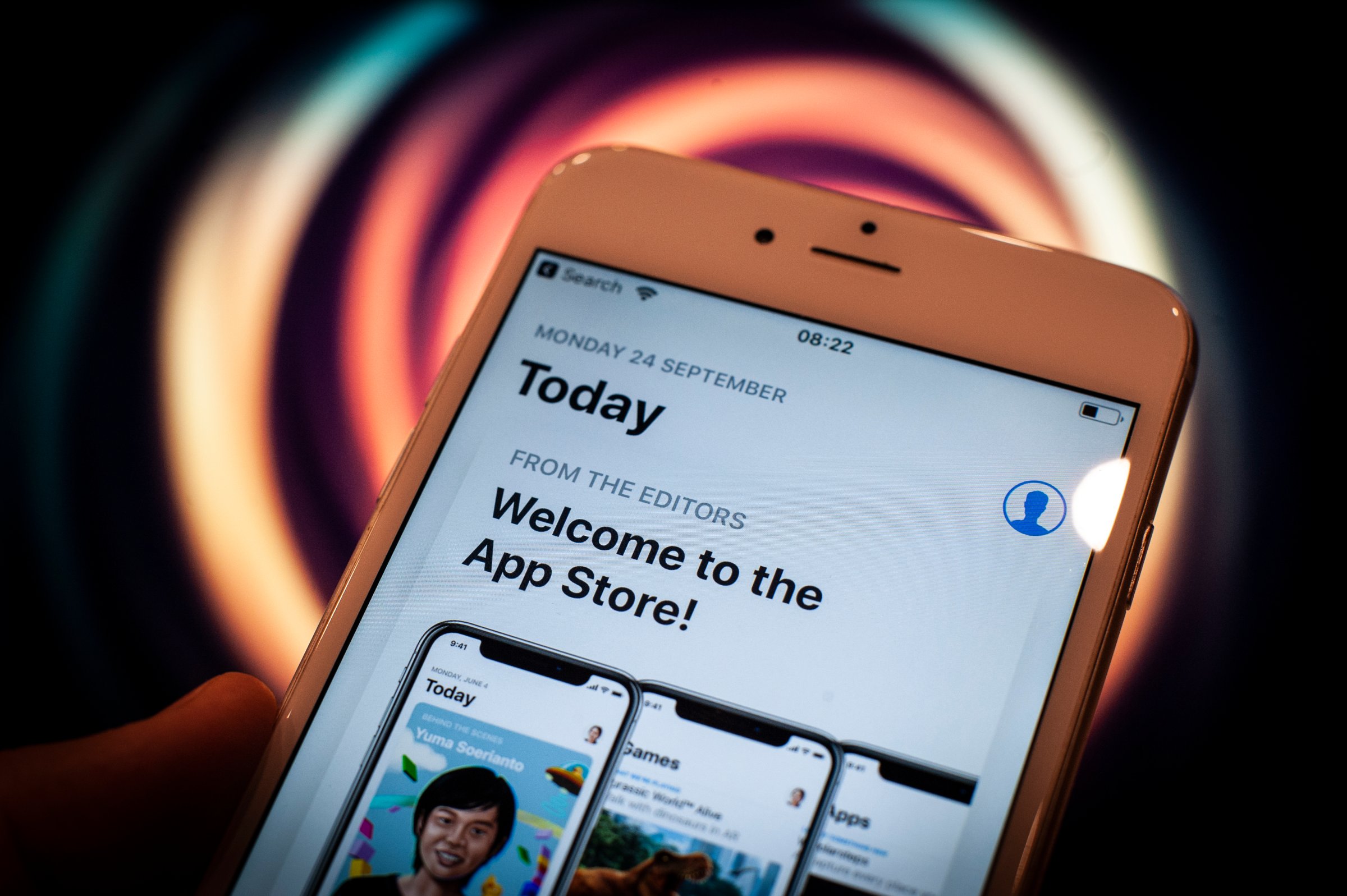
Apple Inc. said it removed several parental control apps from its store because of security and privacy concerns, issuing a rare public response to a media report that the iPhone maker was eliminating competition with its own tools.
The New York Times reported on Saturday Apple had removed 11 of the 17 most popular programs that help users restrict features or the amount of time kids spend on devices. It said Apple started cracking down on such software after launching its own Screen Time feature last year, which also lets people set limits on certain iPhone and iPad functions and keep track of children’s usage.
That sparked anti-competitive concerns, as two app makers filed complaints with the European Union, according to the report. But Apple said in a 500-word post on its website it removed the applications because they “put users’ privacy and security at risk.”
Apple said the applications it barred relied on a technology called Mobile Device Management or MDM, meant for enterprises that manage groups of devices for employees. “MDM gives a third party control and access over a device and its most sensitive information including user location, app use, email accounts, camera permissions, and browsing history,” it said. That’s a “clear violation of App Store policies.” The company said it gave the relevant developers 30 days to modify their apps, then removed those that weren’t adjusted.
“Contrary to what The New York Times reported over the weekend, this isn’t a matter of competition. It’s a matter of security,” Apple said in its post.
Apple’s post echoed e-mails sent by marketing chief Phil Schiller to customers over the weekend. It’s rare for the iPhone maker to respond to news reports so publicly on its website. Tony Fadell, a prominent Apple executive until 2010, had voiced his support Saturday on Twitter for affected developers. The co-creator of the iPod said Apple should offer tools to developers to build monitoring apps that don’t violate policies. He also criticized Screen Time, calling it a “rush job” that is “very non-intuitive.”
The anti-competitive concerns may have prompted Apple’s quick response. In March, Spotify Technology SA accused Apple of giving its own music streaming service a leg up over the competition on the App Store.
More Must-Reads from TIME
- Donald Trump Is TIME's 2024 Person of the Year
- Why We Chose Trump as Person of the Year
- Is Intermittent Fasting Good or Bad for You?
- The 100 Must-Read Books of 2024
- The 20 Best Christmas TV Episodes
- Column: If Optimism Feels Ridiculous Now, Try Hope
- The Future of Climate Action Is Trade Policy
- Merle Bombardieri Is Helping People Make the Baby Decision
Contact us at letters@time.com